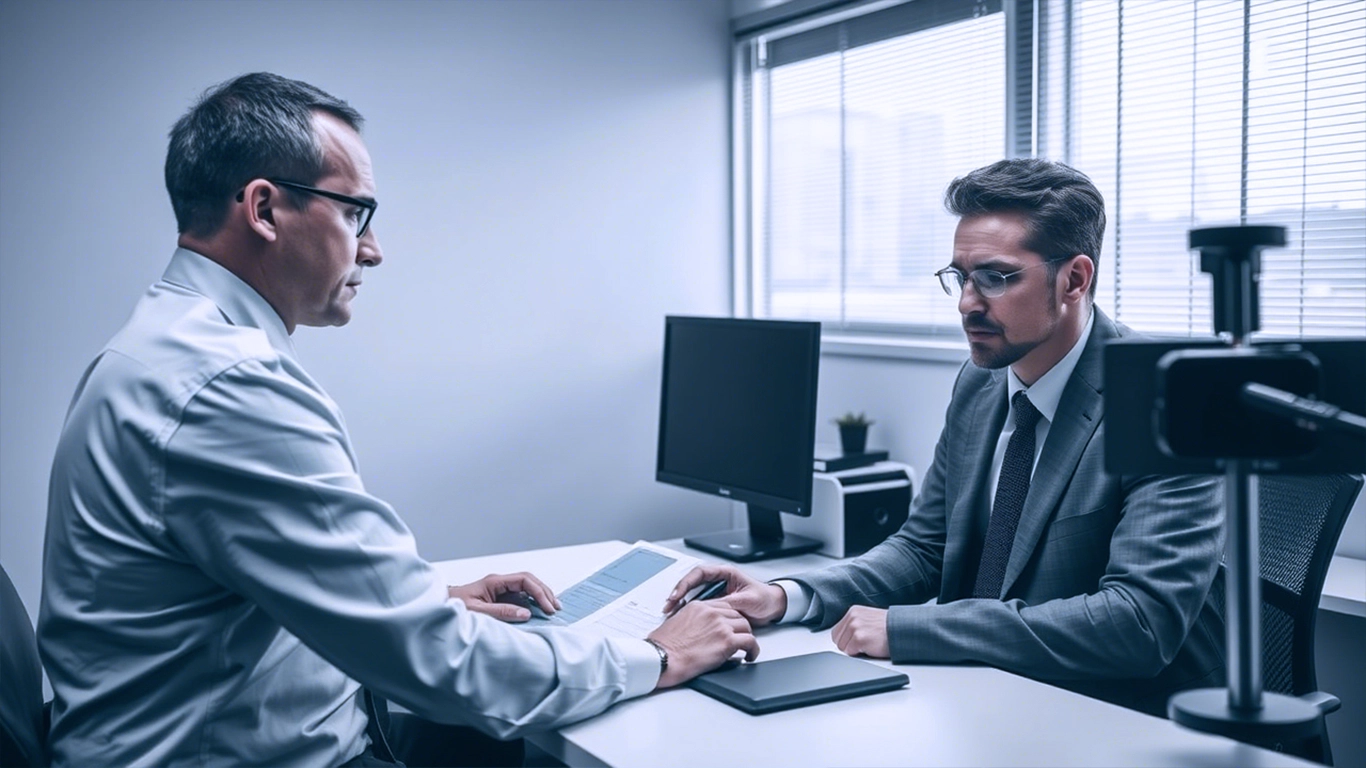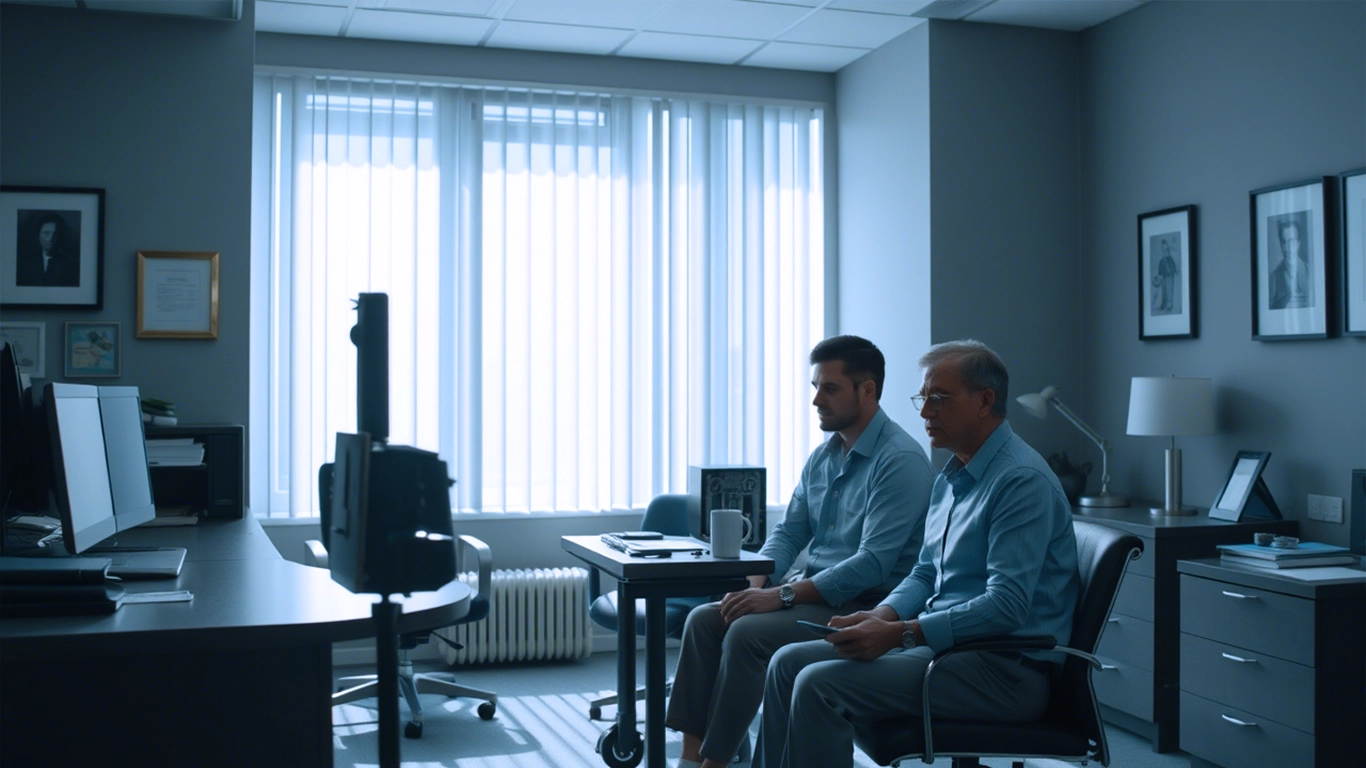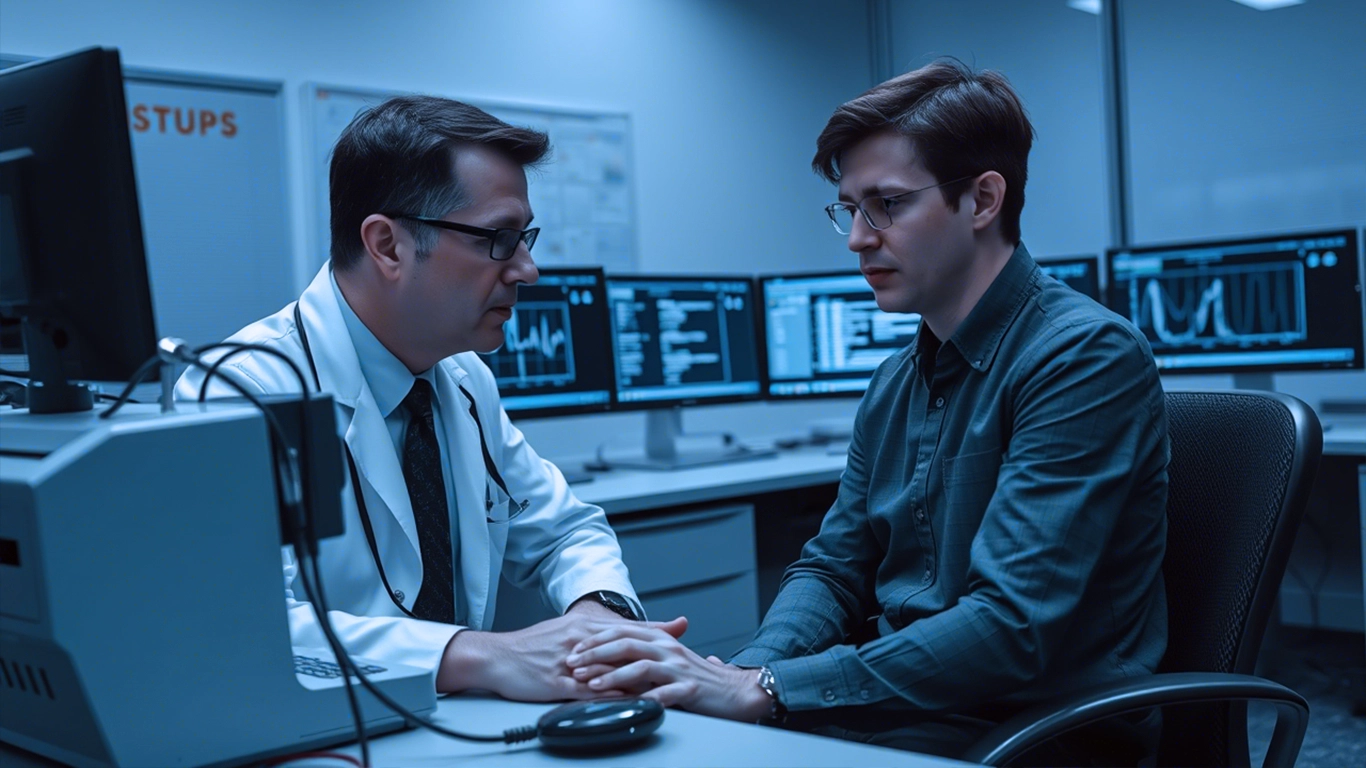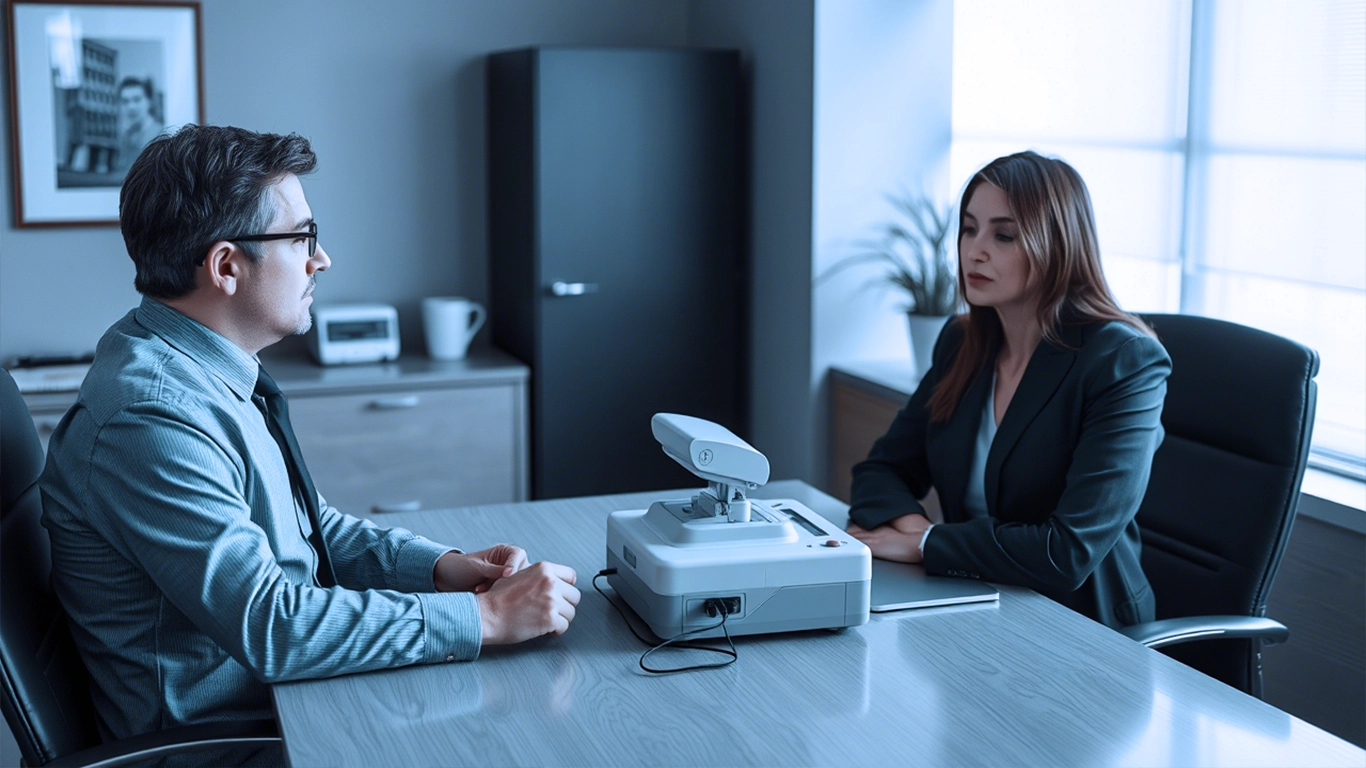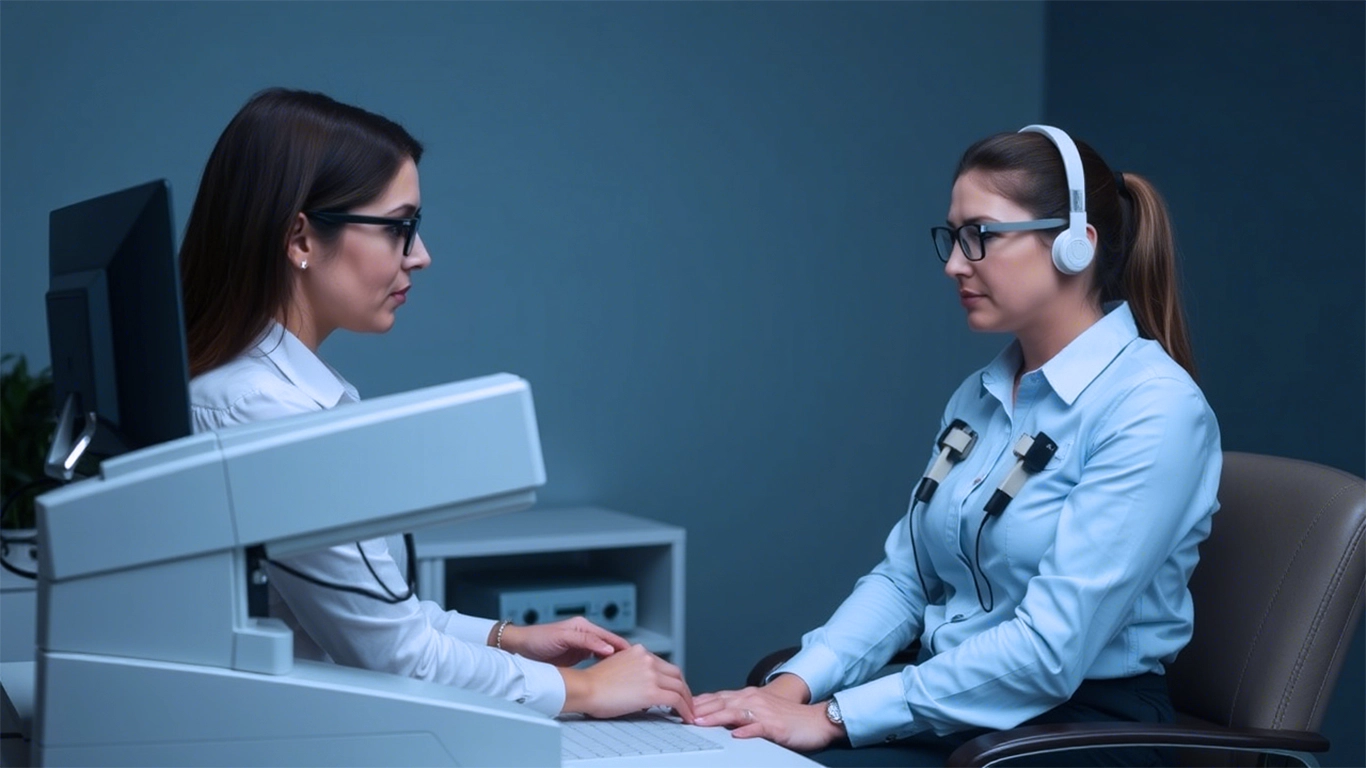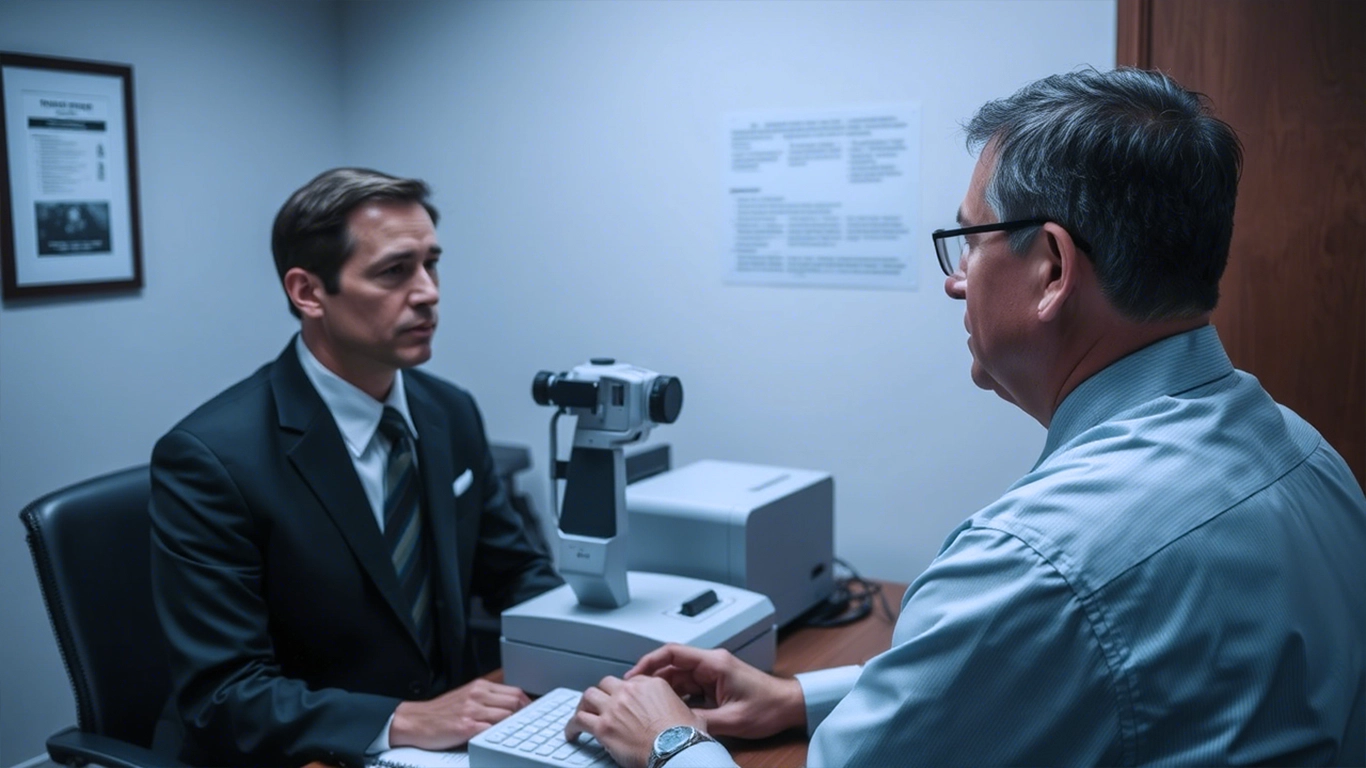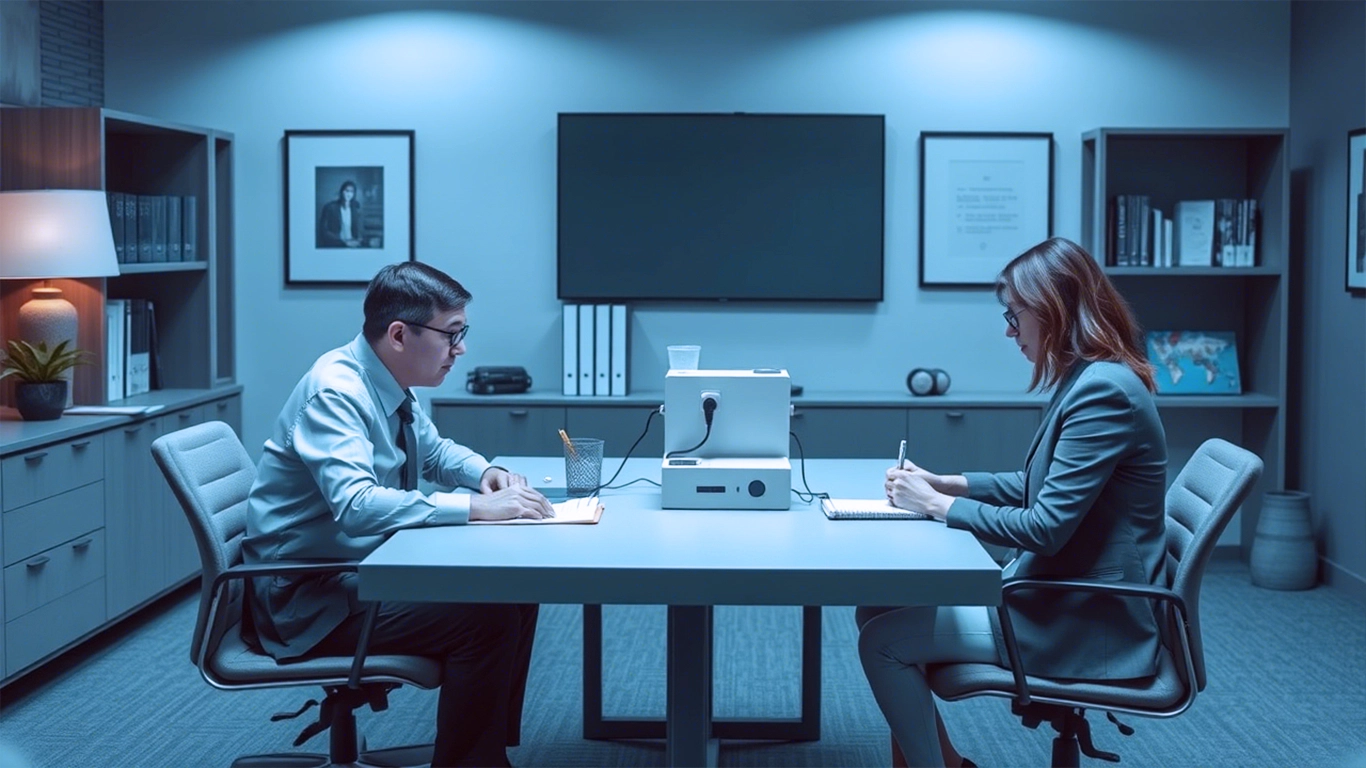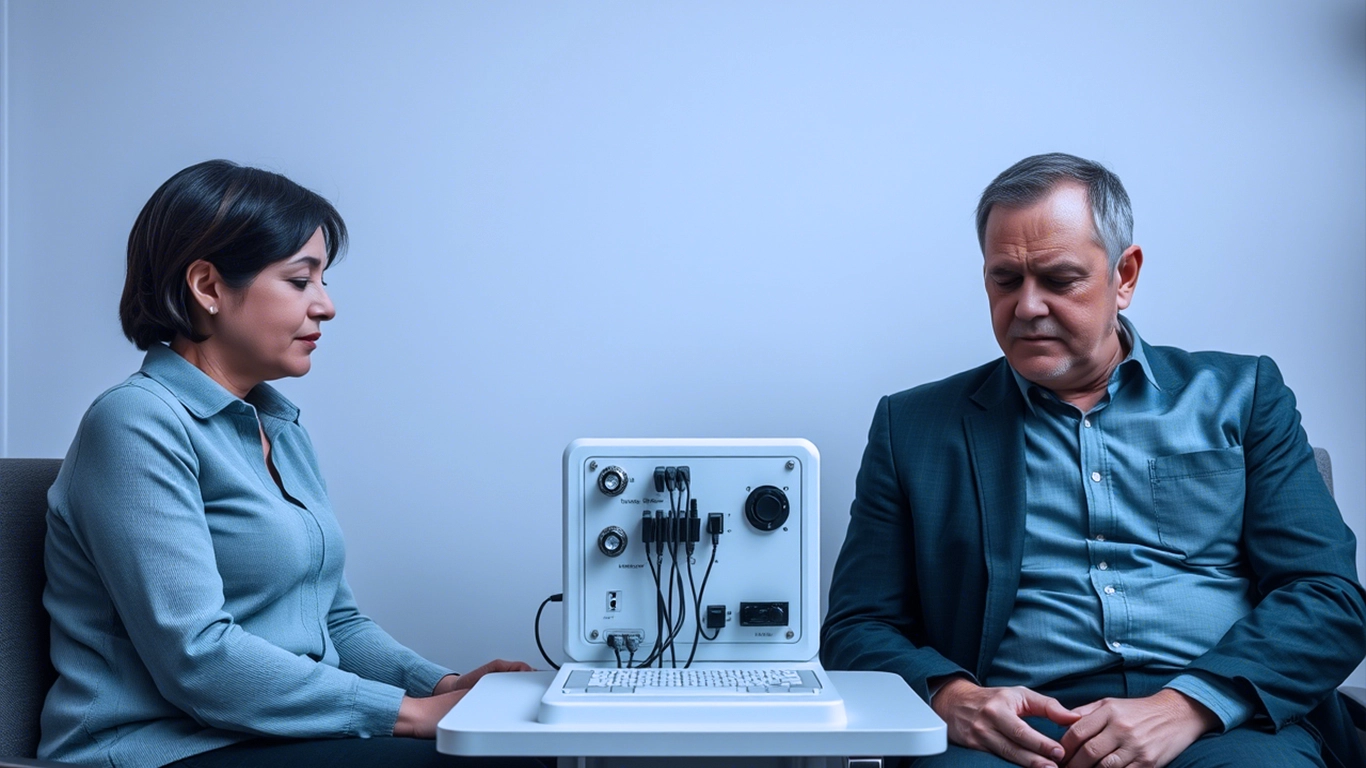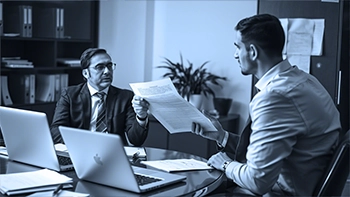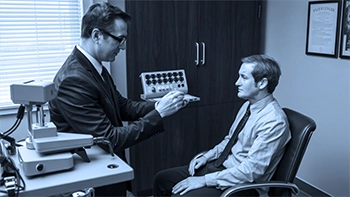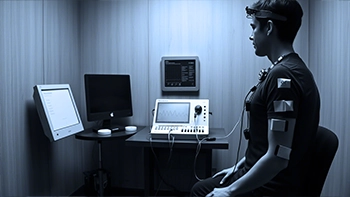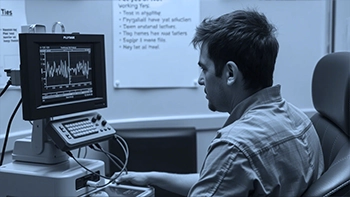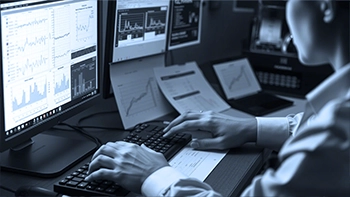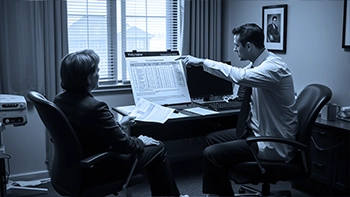Select your language
The polygraph examination process is based on recording physiological reactions while answering specifically designed questions. During polygraph testing, changes in pulse, breathing patterns, galvanic skin response, and voice fluctuations are monitored. The use of a lie detector allows for an objective assessment of whether the examinee's statements align with the truth. This method is widely used to confirm or refute various case versions in judicial proceedings.
Stages of Polygraph Examination
Judicial expertise using a polygraph follows a structured process to ensure high accuracy and objectivity. The key stages include:
- Gathering preliminary information about the case and involved parties;
- Conducting a pre-test interview to explain the procedure to the examinee;
- Recording physiological responses while answering control and key questions;
- Analyzing data obtained through polygraph examination and lie detector testing;
- Preparing an expert report with detailed recommendations for the court.
Advantages of Judicial Polygraph Expertise
Using a polygraph in judicial expertise offers several significant benefits:
- Objective results that reduce subjective bias;
- High measurement accuracy, allowing for the detection of hidden emotional responses;
- Fast data acquisition, crucial for timely case resolution;
- Minimized risk of incorrect decisions through modern polygraph analysis technologies;
- Enhanced evidentiary support, which can serve as a decisive factor in court.
Practical Recommendations for Legal Professionals
To maximize the effectiveness of judicial expertise using a polygraph, the following best practices should be followed:
- Engage experienced professionals specializing in polygraph testing and lie detection;
- Conduct a preliminary analysis of all available case data;
- Ensure a stress-free and neutral testing environment for the examinee;
- Formulate questions strategically to cover all key aspects of the case;
- Integrate polygraph results with other forms of evidence for an objective case resolution.
Ethical and Legal Considerations
It is essential to uphold ethical and legal standards when conducting judicial polygraph expertise. All procedures must be performed with the examinee’s consent, and the obtained data should only be used within legal proceedings. Confidentiality and respect for the rights of all participants are fundamental principles that guarantee the objectivity and integrity of the results. These safeguards help balance the interests of both parties and ensure a fair judicial process.
Future of Polygraph Technologies in Legal Proceedings
Modern polygraph technologies continue to evolve, improving data processing algorithms, sensor accuracy, and integration with artificial intelligence. These advancements enhance the precision and efficiency of polygraph testing, making expert conclusions even more reliable. In the future, polygraph services are expected to become increasingly relevant in legal practice, aiding in the resolution of complex disputes and reinforcing trust in judicial objectivity.
Conclusion
Judicial expertise using a polygraph is a modern and reliable tool for objectively assessing the accuracy of statements and establishing facts crucial to legal proceedings. Polygraph examination and lie detection provide accurate data that can serve as compelling evidence in court. Expert polygraph services offered by savuk.eu ensure high precision and swift execution of forensic assessments, facilitating informed decisions and fair conflict resolution.
The integration of modern technologies into judicial expertise opens new opportunities for further refinement of investigative methods. Regular use of polygraph testing in legal practice helps reduce the risk of misleading statements and enhances confidence in expert conclusions. This approach is a key factor in strengthening the legal system’s stability and ensuring just court rulings.







